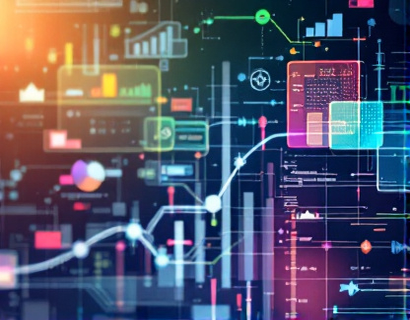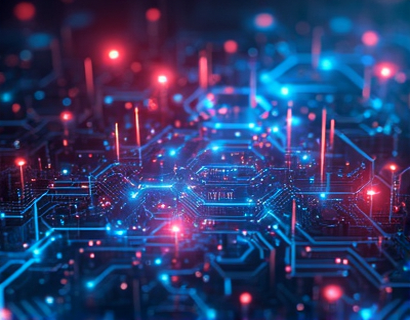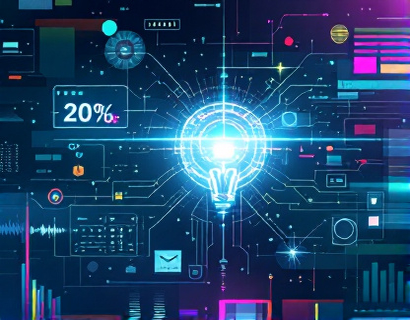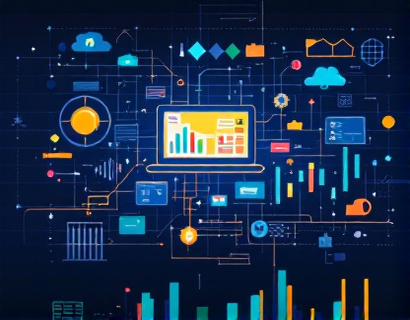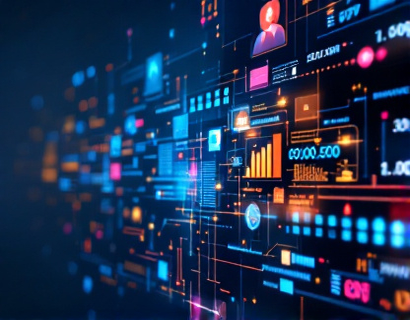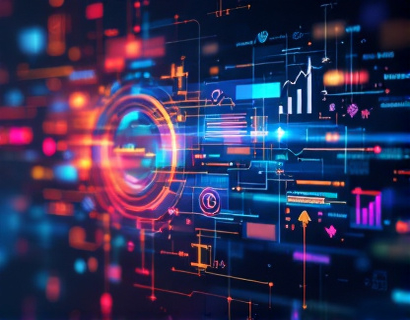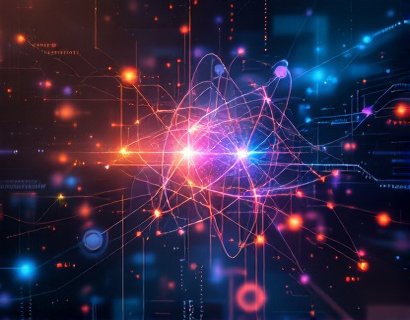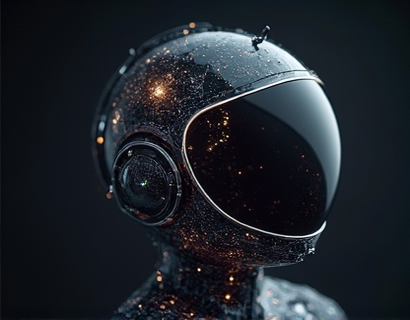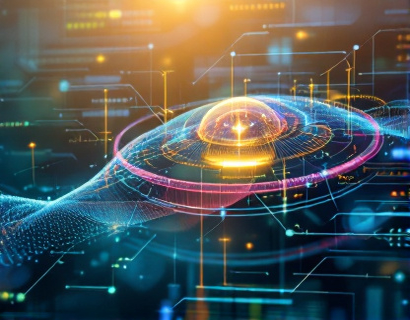Transforming Productivity with AI and Crypto: A Deep Dive into Next-Gen Tech Innovations
The intersection of artificial intelligence (AI) and cryptocurrency is paving the way for unprecedented advancements in productivity tools and digital solutions. This fusion of technologies is not just a trend but a transformative shift that is redefining how we approach daily tasks and workflow management. For tech innovators and early adopters, understanding the potential of AI and crypto in enhancing productivity is crucial. This article delves into the ways these cutting-edge technologies are revolutionizing the digital landscape, offering insights and examples that can inspire and guide those looking to leverage these innovations.
Understanding AI and Crypto: The Basics
Before exploring the transformative impact of AI and crypto on productivity, it's essential to grasp the fundamentals of both technologies. Artificial intelligence refers to the simulation of human intelligence processes by machines, particularly computer systems. These processes include learning (the acquisition of information and rules for using it), reasoning (using rules to reach approximate or definite conclusions), and self-correction. AI can be applied to various tasks, from simple data analysis to complex decision-making processes.
Cryptocurrency, on the other hand, is a digital or virtual currency that uses cryptography for security. It operates on a decentralized network, typically a blockchain, which ensures transparency and immutability. Cryptocurrencies like Bitcoin and Ethereum have gained widespread recognition, but their potential extends far beyond mere digital currency. The underlying blockchain technology and smart contracts offer robust solutions for secure, transparent, and efficient transactions.
AI-Enhanced Productivity Tools
The integration of AI into productivity tools has led to the development of intelligent assistants, automated workflows, and predictive analytics. These tools can significantly streamline daily tasks and improve overall efficiency. For instance, AI-powered virtual assistants can manage schedules, set reminders, and even draft emails based on context and previous communications. This not only saves time but also reduces the cognitive load on users, allowing them to focus on more critical tasks.
Automation is another area where AI shines. Repetitive and time-consuming tasks can be automated, freeing up human resources for more creative and strategic work. For example, AI can automate data entry, report generation, and even basic customer support through chatbots. These automations are not only faster and more accurate but also consistent, reducing the likelihood of human error.
Crypto-Powered Financial Management
The combination of AI and cryptocurrency is particularly potent in financial management and investment. AI algorithms can analyze vast amounts of market data to provide insights and predictions, helping users make informed investment decisions. Smart contracts on blockchain platforms can automate transactions and ensure compliance with predefined conditions, reducing the need for intermediaries and lowering transaction costs.
Crypto-based payment solutions offer faster and cheaper transactions compared to traditional banking systems. This is especially beneficial for global businesses that deal with cross-border payments. AI can optimize these transactions by predicting exchange rate fluctuations and suggesting the best times to convert currencies, thereby maximizing returns and minimizing risks.
Enhancing Collaboration and Communication
In the realm of collaboration and communication, AI and crypto are transforming how teams work together. Decentralized communication platforms powered by blockchain ensure that messages and files are secure and tamper-proof. AI can enhance these platforms by providing real-time translation services, sentiment analysis, and even generating summaries of lengthy discussions, making remote collaboration more efficient and effective.
Crypto tokens can also be used to incentivize contributions within teams. For instance, a project can issue its own token to reward developers, designers, and other stakeholders based on their contributions. This token can be used within the ecosystem for various purposes, such as accessing premium features or purchasing services, fostering a more engaged and motivated team.
Data Security and Privacy
Data security and privacy are paramount in today's digital age, and the combination of AI and crypto offers robust solutions. AI can detect and mitigate security threats in real-time, identifying anomalies and potential breaches before they occur. Blockchain's inherent security features, such as immutability and decentralization, ensure that data is not only secure but also transparent and verifiable.
Crypto-based identity verification systems can provide users with greater control over their personal data. These systems use blockchain to create decentralized identity wallets, allowing users to manage and share their identity information securely. AI can enhance these systems by performing background checks and verifying identities with high accuracy, reducing the risk of fraud.
Case Studies and Real-World Applications
Several companies and projects are already leveraging the power of AI and crypto to enhance productivity and streamline operations. For example, a project called Decentraland uses blockchain to create a virtual reality world where users can own and monetize digital assets. AI is used to manage the virtual economy, ensuring fair trade and preventing fraud.
Another example is a supply chain management platform that uses AI to predict demand and optimize inventory levels, while utilizing blockchain to ensure transparency and traceability. This combination reduces costs and improves efficiency, benefiting both manufacturers and consumers.
Challenges and Considerations
While the potential of AI and crypto in enhancing productivity is immense, there are challenges and considerations that must be addressed. One of the primary concerns is the regulatory landscape. Cryptocurrencies and blockchain technology are still evolving, and regulations vary widely across different regions. Companies must navigate these regulations carefully to ensure compliance and avoid legal issues.
Another challenge is the technical complexity involved in integrating AI and crypto solutions. Not all businesses have the expertise or resources to implement these technologies effectively. Partnering with specialized firms or leveraging platforms like the one described earlier can help bridge this gap.
Future Outlook
The future of AI and crypto in productivity is bright, with ongoing advancements promising even more innovative solutions. The development of more sophisticated AI models, such as generative adversarial networks (GANs) and transformers, will continue to push the boundaries of what's possible. In the crypto space, the evolution of scalable blockchain networks and the adoption of layer 2 solutions will enhance the performance and usability of decentralized applications.
As these technologies mature, we can expect to see more seamless integrations that further enhance productivity. The convergence of AI, crypto, and other emerging technologies like the Internet of Things (IoT) will create a more interconnected and intelligent digital ecosystem, where productivity tools are not just efficient but also intuitive and user-friendly.
For tech innovators and early adopters, embracing AI and crypto is not just a choice but a necessity. By staying ahead of the curve, they can unlock new possibilities and drive meaningful change in their industries. The fusion of these technologies is not just about staying relevant; it's about leading the way in a rapidly evolving digital world.





